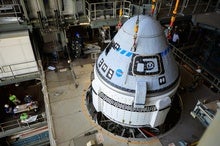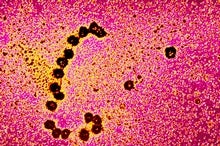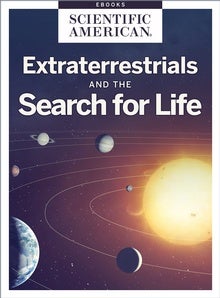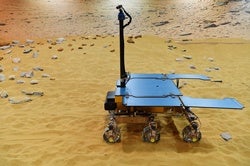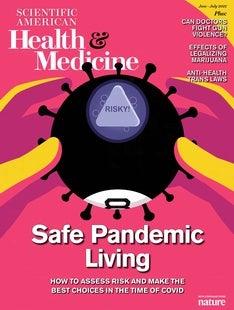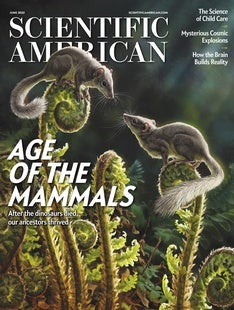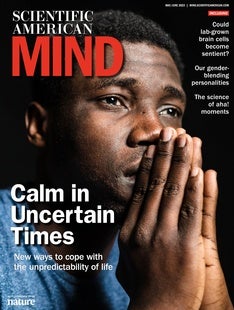 |
| May 19, 2022 |
Dear Reader,
Our top story this week concerns the Rosalind Franklin Exomars mission, Europe's long-awaited attempt to send its first-ever rover to the Red Planet. Already far behind schedule, the rover suffered another setback earlier this year after the European Space Agency (ESA) ended cooperation with Russia on the mission due to that country's invasion of Ukraine. As a result, the rover will not be riding a Russian rocket to Mars this September as originally planned, and now may never launch at all. Unless, that is, ESA convinces NASA to step in with major support. Elsewhere this week, we have articles on the next test-flight attempt for Boeing's Starliner crew spacecraft, new support for a "hybrid" theory on the origins of life and more. Enjoy! |
| |
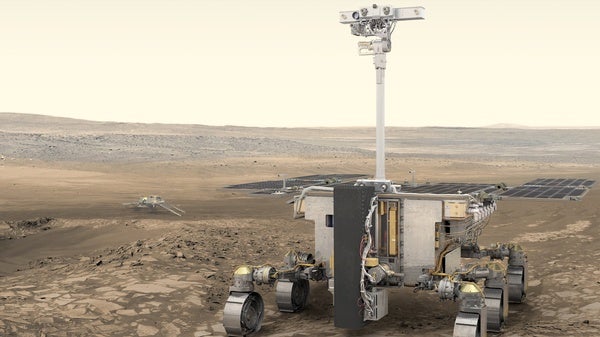 |
| |
| |
| |
| Medicine Mars Mission Could Bring Health Benefits on Earth Flying to space takes its toll on the human body, and this has spurred new research on radiation and microgravity, as well as advances in remote medicine and telehealth, all of which have potential benefits for people on Earth | | By Marion Renault,Nature Medicine | | | |
| |
| |
| |
FROM THE STORE
 | | Extraterrestrials and the Search for Life Do aliens exist? The enduring mystery of whether we're alone in the universe is a question that continues to drive scientific study into groundbreaking directions. This collection examines the latest thinking in the search for life, from discussing why we haven't found evidence of aliens so far to determining where and how to conduct the search to opening up the possibilities for what otherworldly life could truly look like. |  | | |
| |
FROM THE ARCHIVE
 | | | |
LATEST ISSUES
 |
| |
| Questions? Comments?  | |
| Download the Scientific American App |
| |
| |



